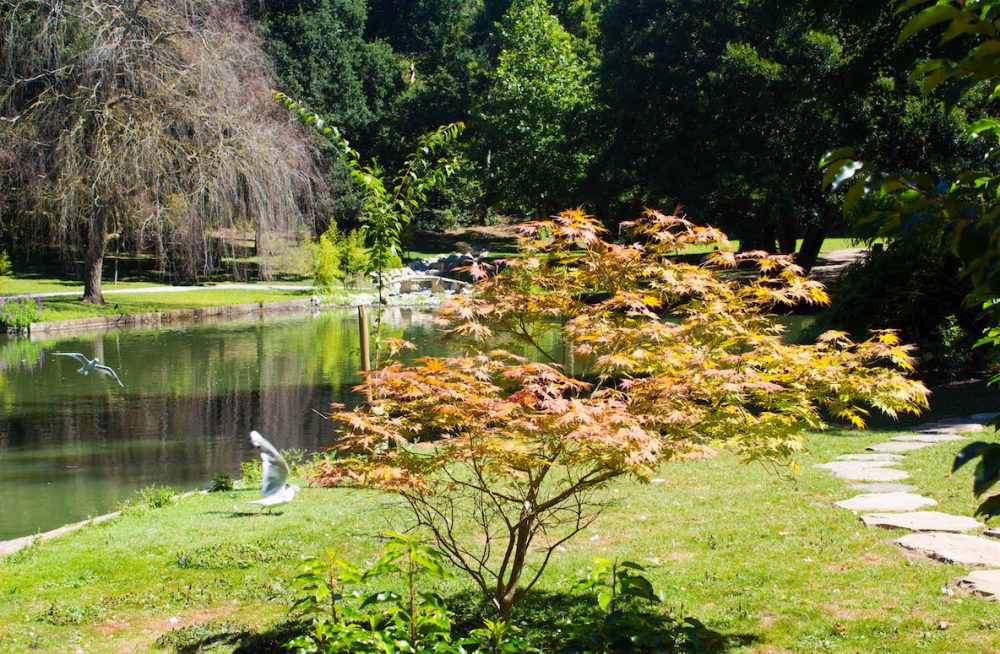The Bible says that God is love and sacrificed Jesus because he loved us so much. William Shakespeare refers to music as the food of love in Twelfth Night. Sigmund Freud identifies it in Eros as life’s energy force. Others say love (and money) makes the world go around. Hollywood tells us that we all want to fall in love, as many times as possible. Some of us are in love with love.
There are probably as many views of love as there are people on the planet. Great writing, music, art, film, dance and architecture have been inspired by love and serve as a monument to its expression. Love is powerful. Oprah Winfrey says that experiences presents us with an opportunity ‘to choose love over fear.’
Love is certainly part of human need, desire and longing. Some of us are lucky enough to experience it at some point in our lives, and others are not. Maybe loving others starts with loving ourselves. In order to give and receive love we need to be able to trust ourselves and trust another. Can we love if we know that our feelings will not be reciprocated? Some people find it easy to love their children, family and friends; others do not. I have heard parents say that they would be prepared to die for their children: real sacrificial love.
Love may be both about who and what we attach ourselves to. We may have been badly hurt by our earlier attempts to love and be loved. Consequently we may find it easier to love power, status and material possessions. We can find ourselves becoming addicted to that which we once loved, or we might assume we love something because we are unhealthily addicted to it. Love is mysterious and can turn into hate.
Some powerful questions you might want to consider: Who or what do you love and how does that affect how you relate to them? Does it feel like a healthy love or more of the obsessive kind? Have you been hurt by loving and need to heal before you can love again? Do you not love because you are afraid of exposing yourself to the pain of disappointment? Are you missing out on beautiful emotional connections because you fear it will all go wrong? Do your actions express what is in your heart?
There is no need to love everything or everyone but to be open to the possibility seems important to me. What do you think?





